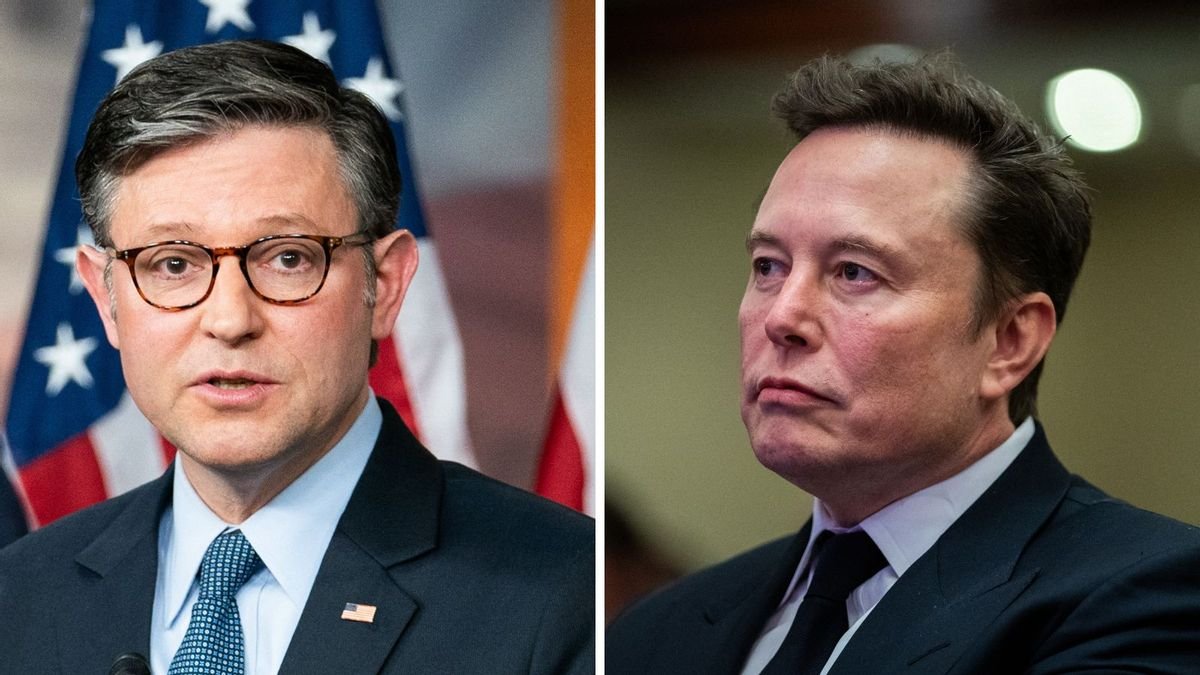The speaker of the U.S. House of Representatives is not required to be a member of Congress.
The U.S. Constitution does not stipulate that the speaker of the House must be a member of the body, though traditionally a sitting member has always held that position.
In a Dec. 19, 2024 X post (archived), U.S. Sen. Rand Paul, a Republican from Kentucky, claimed the speaker of the U.S. House of Representatives doesn’t need to be a member of Congress and floated the idea of putting billionaire tech entrepreneur Elon Musk, who has never held elected office, in the role.
The Speaker of the House need not be a member of Congress . . .
Nothing would disrupt the swamp more than electing Elon Musk . . . think about it . . . nothing’s impossible. (not to mention the joy at seeing the collective establishment, aka ‘uniparty,’ lose their ever-lovin’…
— Rand Paul (@RandPaul) December 19, 2024
As of this writing, Paul’s post has received more than 103,000 likes and 24,000 reposts. Paul’s idea was amplified (and critiqued) by many posts on X, such as this one (archived), this one (archived) and this one (archived). U.S. Rep. Marjorie Taylor Greene, a Republican from Georgia, also voiced support for electing Musk as House speaker (archived).
I’d be open to supporting @elonmusk for Speaker of the House.
DOGE can only truly be accomplished by reigning in Congress to enact real government efficiency.
The establishment needs to be shattered just like it was yesterday.
This could be the way. https://t.co/8YuL56e443
— Rep. Marjorie Taylor Greene🇺🇸 (@RepMTG) December 19, 2024
It’s true that the U.S. Constitution does not require the speaker of the House to be a member of Congress and that Musk could theoretically hold that position. House members have voted for people outside of elected office to be speaker of the House before.
The Constitution simply says that “The House of Representatives shall chuse their Speaker and other Officers.” According to the most recent version of the “The House Practice: A Guide to the Rules, Precedents and Procedures of the House,” that guideline is the only requirement for electing the House speaker. “The House Practice” is published by the House Parliamentarian, who provides nonpartisan guidance on House rules and procedures. Here’s the section on electing the Speaker (emphasis ours):
Article I, section 2 of the Constitution directs that the House choose its Speaker and other officers. The Speaker is the only House officer who traditionally has been chosen from the sitting membership of the House. The Constitution does not limit eligibility to that class, but the practice has been followed invariably.
As the only rule about the speaker of the House is that they must be elected by the House of Representatives, lawmakers could theoretically elect Musk if he was able to garner enough support.
As the reference source notes, lawmakers have never elected someone to speaker of the House who isn’t already a sitting House member. However, individual members have voted for people who weren’t elected officials: During the 2013 speaker of the House election, for example, lawmakers voted for David Walker, former head of the Government Accountability Office, and Colin Powell, a former secretary of state.

